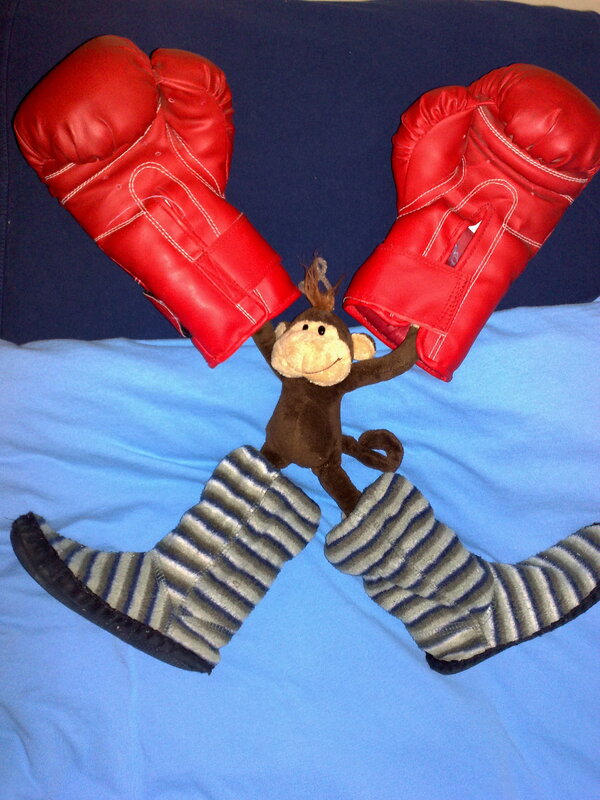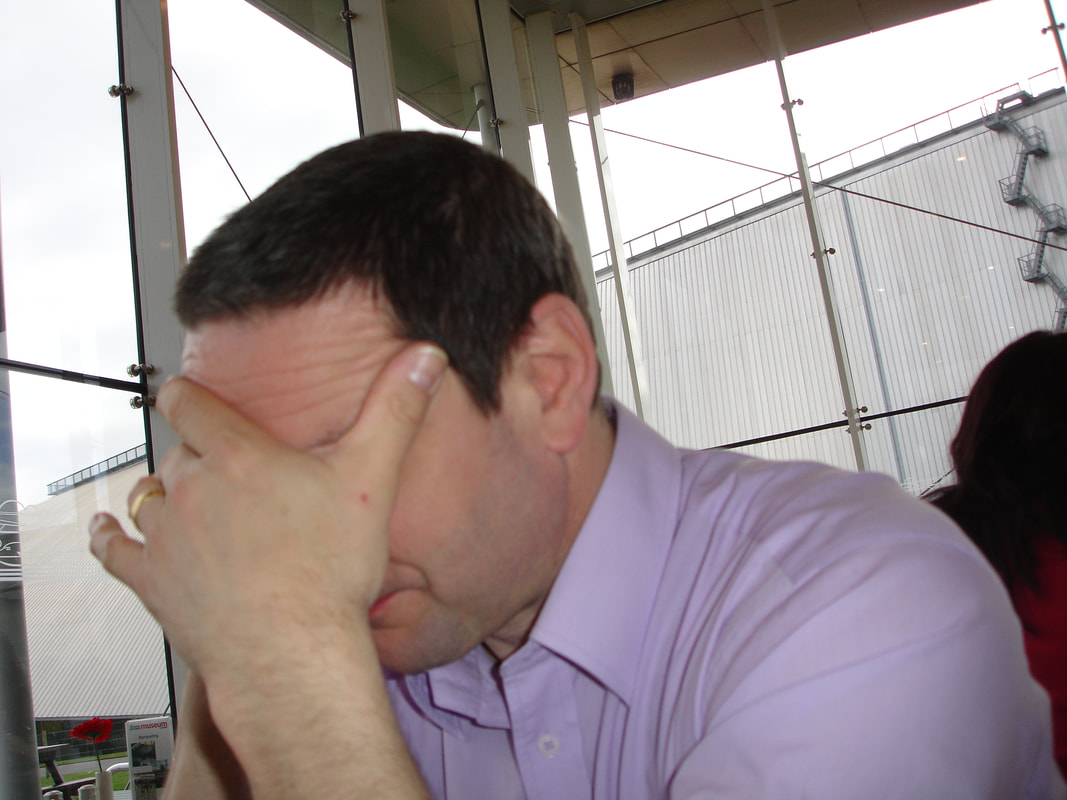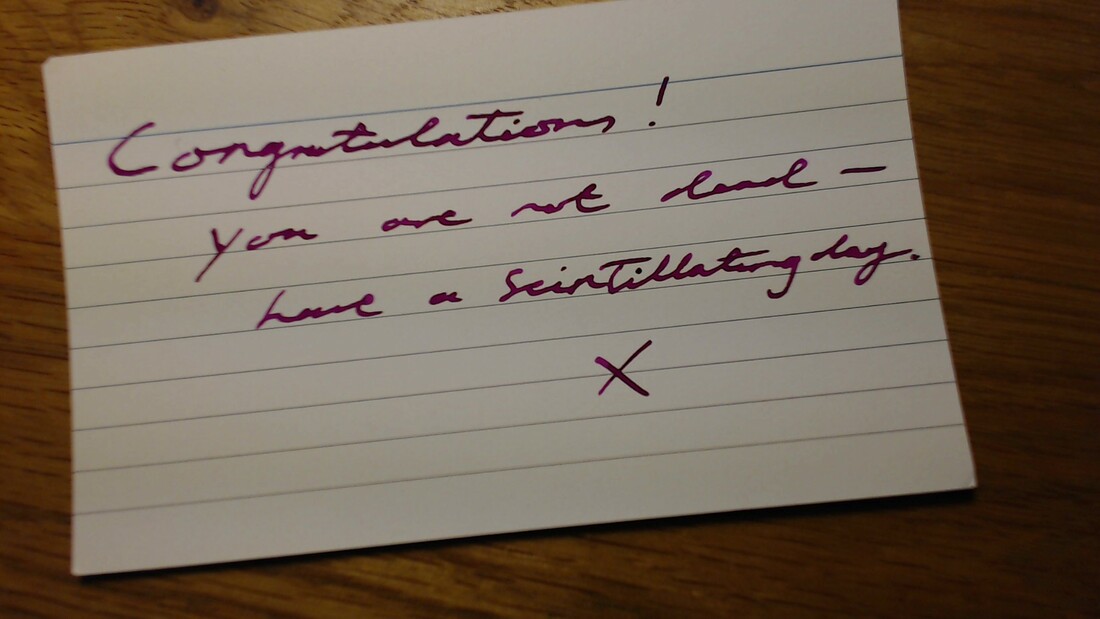|
The Thursday Thesis – 25/4/2019
“Teachers always get the best lessons”, or so the saying goes. I can only agree, because over the last 20-plus years teaching guitar I’ve learned so much that my notebooks have spilled over and my shelves groan under their weight. Most of all I’ve learned that Playfulness is where we learn. When we are enjoying our lessons, when the teacher is at play with the subject and the student encouraged to be mischievous, when errors are understood to be opportunities and springboards to mastery – that’s when we learn best. I’ve spent countless days in seminars, conferences, classrooms and lecture halls since I left school, and the prospect of spending long hours with a great teacher is exciting to me – this probably makes me an oddball, but that’s no surprise, is it? The truth is that great teachers dance their subject, they tug and tease it into shapes that we can recognise and make us fall in love with learning; they show us the joy of thought and understanding. The twelve-hour day of intensive learning ends too soon, and we are left hungry for more. I don’t always achieve that level in my teaching, but it’s what I aim for; and some of my best ideas have come from being Playful – usually from a joke or a daft thought that pops into my tiny pea-sized brain midway through struggling to guide an idea past a student’s defences and land it into their receptive cerebral drop-zone. When I suggest that a student might enjoy cruising along the guitar neck instead of grinding the strings into the frets, they lighten up. When they tell me they are having trouble “jumping between chords” I’ll suggest that they make little bunny-hops instead, or skip like a squirrel when they reverse the movement. Playful language and silliness go a very long way to disarming fear of failure and embarrassment, all the time making new ideas and routines “sticky” and easy to remember. There’s a reason The Bible (Matthew 18:3) says “...be as little children...” you know. Stickiness wasn’t common back at my school, though there was one lesson that stayed with me. Our fearsome headmaster – Mr MacFarlane, a dour Scot – read Burns’ “Tam O’Shanter” to the class. Now, Tam O’Shanter is quite a long poem to the average spotty teenager, but – once it was steeped in his rich highland brogue – it was over in less than a heartbeat. That’s stickiness, that’s great teaching. I may not always get there, and many times I’ll miss the mark, but the journey is beautiful and joyous, riotous and boisterous – and I get to share it with wonderful, interesting people. So I have an Awesome Special Mission for you: stay Playful - fool around with stuff, make jokes, sing silly songs, paint pictures in your mind and dance with your life and your work. Have an outrageous day! © Neil Cowmeadow 2019 Please Like and Share The Thursday Thesis with your friends, family, and your invisible friend. I’d love to hear your comments, along with any ideas you’d care to hurl at me. [email protected]
0 Comments
The Thursday Thesis – 18/4/2019
Yesterday, the cathedral of Notre Dame de Paris was in flames. Today, the people with the means to donate millions of Euros – of their own money – are being vilified for being rich enough to do that. Yes, hard-working, successful people are giving away vast amounts of their own money...and some people are actually getting the hump about this? I ask you, is it really anybody else’s business what Bernard Arnault or Francois-Henri Pinault do with their millions? Why is the media giving airtime to self-appointed loudmouths who decry people for being successful and wealthy – what gives? Why is social media lit up by keyboard warriors spitting hate at those who have dared to break the rules and become successful? Is it just me who thinks that being successful and wealthy is something to aspire to, not revile? Am I the only person who gets pissed-off with this sort of self-righteous “rich people are evil” crap? If we are free to make choices for ourselves – as we surely should – are we not free to strive, thrive and flourish; without being lambasted for our pains? And the greatest travesty of all is the misuse of the magic word “Equality” by the haters, who mistakenly think their precious Equality governs outcomes: it doesn’t. Think about it for more than a few knee-jerk seconds and it will become clear that Equality must be given at the point of opportunity, and the individual must be free to pursue their own legitimate goals from that point, because, if you are denied the freedom to choose your own path, you are not free at all: you are either a prisoner or a slave; you are not a free man. Equality must not be confused with the imposition of uniform mediocrity upon everyone – because that condition is mere slavery. So tell me, is it just me who thinks that a person who has grafted for decades, created businesses and employed thousands, who has given their customers what they wanted at a fair price – not stolen from them at gunpoint, as our governments traditionally do – should be free to give away their hard-earned cash to rebuild an old church, just because they want to? Yes, there are kids who could use the money, hospitals that could be built; any number of worthy causes who’d love to get their hands on Arnault and Pinault’s dosh: but the point is that it’s THEIR dosh, and how they dispose of it is none of your bloody business. And if the Freedom and Equality gobshites have a problem with that, they maybe need to look up what the words Freedom and Equality actually mean. © Neil Cowmeadow 2019 Please Like and Share The Thursday Thesis with your friends, family, and your invisible friend. I’d love to hear your comments, along with any ideas you’d care to hurl at me. [email protected] Episode 146 - So Right, It Feels Wrong
The Thursday Thesis – 11/4/2019 Her eyes narrowed and she seemed to twist bodily on her stool, just to give my diagram a sideways look. After twenty years of teaching guitar, I’ve grown to know that look and the body language that goes with it. I recognise the uneasy brow and the needling eye... I feel suspicion daggering at me... They’re waiting for the other boot to fall; for the dreaded “but” that snatches away what they want most of all. And they’re deeply weirded-out by the whole thing. It’s my own fault, naturally. Ah, if I’d only been content to let her continue to believe in the Unicorn of Cleverness... But that’s not how I roll. I knew the signs and the symptoms, because I’ve had them myself - over and over again as I studied with great teachers, read hundreds of books, trained with experts and blended what I’d learned. It’s a sudden insight, a moment of clarity: where one glimpses the elusive obvious and gasps. It’s when the problem we’ve been wrestling with finally shrugs its shoulders, stops playing hard to get and solves itself before our very eyes. That’s when the new problem begins... After years of struggle - sometimes decades of confusion – everything makes perfect sense. We can see it, we know it works and we know why it works. Everything makes sense, at last, and we hate it. We squirm uneasily and tell ourselves that we must have made a mistake. “That can’t be right...” we say, as we look for the pitfall. It’s known as “Cognitive Dissonance” in psychological circles: the uncomfortable feeling a person has when facts contradict that person’s beliefs. In an unexpected moment of clarity and insight, everything we thought we knew is called into question and dragged kicking and screaming into the bright light of critical thought. For this particular new student – let’s call her Sonia - Cognitive Dissonance was playing an absolute blinder. Confronted by a reality that was a radically different from – perhaps even diametrically opposed to – what she thought it should be, Sonia was not a happy chicken: this was not how it was supposed to be, surely...this was too easy, wasn’t it? And here’s the thing: if we set out in the belief that something is difficult and hard to learn, or that it is joyless and boring, then our tiny, pea-sized brains will fight like demons to prove us right – even though that will thwart us in our endeavours. So maybe we should ask ourselves the question “do I want to learn quickly and easily, or do I want to be right?” It’s up to you... © Neil Cowmeadow 2019 Please Like and Share The Thursday Thesis with your friends, family, and your invisible friend. I’d love to hear your comments, along with any ideas you’d care to hurl at me. [email protected] The Thursday Thesis – 4/4/2019
Nestled within every great religion is the idea “as within, so without”. Makes you wonder why, doesn’t it? What does it mean, as within, so without? At the deepest level, it means that we hold in our minds becomes reality for us: our dominant thoughts become our reality. Our brains are neck-top computers, running whatever software and programs have been loaded into them – whether that’s the malware and viruses of manipulative regimes or political parties, or the positive quest for a worthy goal. Our brains run the programs and are not fussy about the quality or direction of the processing: it’s neutral and blind. With the programs running, our brain sets off to create our reality – a reality which conforms to the thoughts and programs running in our neck-top computers. We begin to notice certain things are judged to be important to our thought processes: it’s called “confirmation bias”, and it means that we tend to reinforce what we expect to be there by searching it out within all of our experiences. This is why we resist change so stubbornly: we want to keep on doing what we are already doing and make the world conform to our prejudices. Beliefs are slow to change as our minds cling to whichever thoughts and programs we are already running. Massive and immediate change is possible, but it is rare. So rather than wait for a Damascene conversion, a more reliable change pathway is via the creation of a “mental blueprint” for yourself and your life. Taking time to create the blueprint, then regularly reviewing and reinforcing it, is what goal setting is all about – but how many people do you know who have a written plan for their lives? “Not many” is my guess. Our minds respond to mental images, and it doesn’t matter where those images come from; whether they are received from external sources or generated within the mind itself. Once the image is captured and added to the programming active within the mind, our minds get to work on making the image a reality. This is why I don’t own a TV... The mind can’t tell the difference between a real image and an image it has imagined with sufficient detail and clarity: differentiating the two is the job of our critical faculty, which tires easily and has only limited capacity. We all know that the two pillars of imagination are playfulness and curiosity: playfulness makes it all a game, and curiosity asks “what if?” and “what else?” and embracing them makes it easy for us – with practice – to create a vivid and compelling mental blueprint for ourselves – for what we want, who we wish to become, and what we will be remembered for: the blueprint for a life of intention and purpose. © Neil Cowmeadow 2019 Please Like and Share The Thursday Thesis with your friends, family, and your invisible friend. I’d love to hear your comments, along with any ideas you’d care to hurl at me. [email protected] |
Share it with your friends
It's Like This...The Thursday Thesis shares ideas which I think are worth spreading. Archives
May 2022
Categories
All
All content on these pages is the intellectual property of the author, unless otherwise stated, and may not be used in any form or reproduced under any circumstances without the authors permission.
|




 RSS Feed
RSS Feed